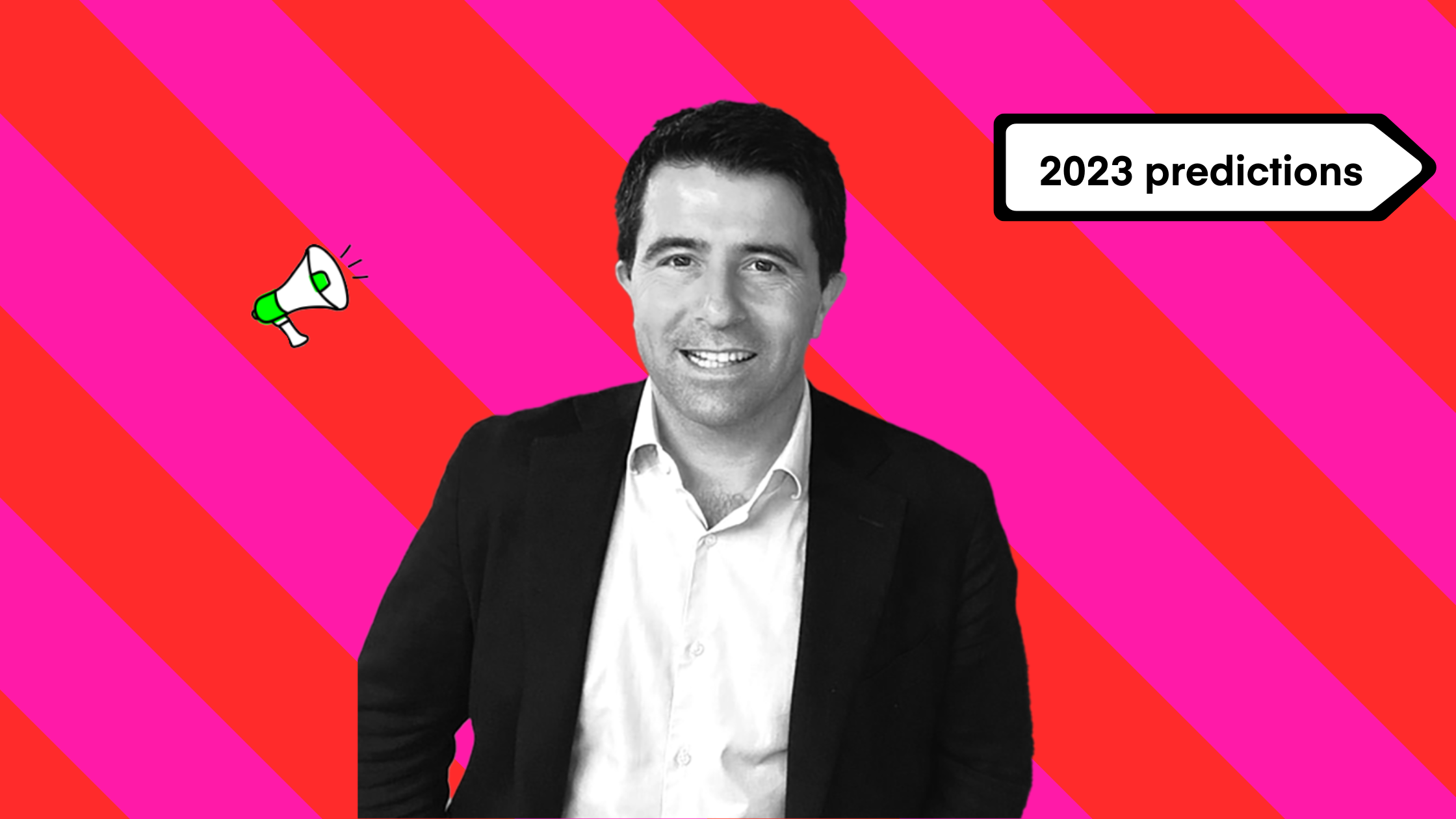June 27 2025 | Team nudge
Winners of the Financial Wellbeing Impact Awards 2025
We’re beyond excited to announce the winners of the Financial Wellbeing Impact Awards 2025, a celebration of the pioneers transforming how people engage with money.
5 min read

Our Co-founder and Director, Jeremy Beament, kick starts the year with his 2022 reflections, and predictions for the global financial wellbeing landscape in 2023, with actionable insights to help HR move forward with confidence.
"Personal finances in 2023 will be dominated by the painful transition from the era of ultra-low interest rates and “free” money. After more than a decade of money printing (Quantitative Easing) and exacerbated by the conflict in Ukraine and post Covid supply chain issues, inflation has been unleashed on the world economy.
To combat inflation, central banks will continue to increase base rates and they will likely stay higher for longer than most currently expect. This will feed through to consumers in the form of more expensive and difficult to obtain credit, such as mortgages.
Higher interest rates will also (intentionally) slow down economic growth – the IMF predict a third of countries will enter recession - which will prolong market volatility and increase unemployment.
Why would central banks intentionally inflict this harm on their own economies? Is inflation really that bad a thing? A recent article in the Economist answers that question through a historical lens.
The analysis looked at Europe from 1500 to 1650, which was one of the most troubled eras in history. Poverty, war and famine were rife and society broke down or came close in many countries including England, France, Holland, Spain and Russia. By way of example, in 1500, six in every thousand people lost their lives to conflict. By the 1640’s that had increased to sixty in every thousand people.
The primary cause of the chaos? Inflation.
For 300 years from 1200 to 1500 there had been barely any inflation. Then, driven largely by a debasement of coinage (rulers clipped gold and silver from existing coins to create new coins) and an inflow of silver from the new world, inflation became embedded for 150 years. Put simply, a whole load of new money was "created" (sound familiar?!) And for complete clarity this "chaotic" inflation was running at 5%.
Most people working today have not experienced high levels of inflation and we don’t fully understand quite how corrosive an effect it has on society. It starts with “the cost of living”, but if it becomes embedded, would likely lead to widespread unrest and civil disobedience. Rulers then emerge who attempt to distract citizens with populist nationalism, which inevitably increases the likelihood of armed conflict.
With most large economies experiencing almost full employment (unemployment rates are 3.7% in the US, 2.5% in Japan and 3% in Germany), employee bargaining power for higher pay could well become entrenched into the system. If we add to that an ongoing energy and food supply challenge, it is not unreasonable to predict that inflation will stay higher than currently forecast for the entire year and beyond. And that as a consequence, central banks will need to continue to increase interest rates, causing pain to business and consumers.
The unknown factor here is geopolitical. If the Ukraine conflict reaches stalemate, or China decides that there won’t be a better time to move on Taiwan, then things will be worse than predicted.
However, if peace can be brokered, then expect markets to rally by 15% or more almost overnight. What can be done by companies and individuals in the face of these challenging conditions?
Although the world is a troubled place, life goes on and looking to the positives, these are the key trends we are currently seeing from progressive organizations, who are battling the tight labor market to attract and retain talent:
1. Organizations are creating packages of support for employees. Rather than offering a pay increase or one-off cost of living bonus in isolation, leading organizations are packaging them together with financial education and other financial wellbeing benefits, to help employees get more from their money and drive return on investment from spend.
2. These organization are delivering the package of support on a global scale. Ensuring that the experience is globally consistent, but also locally relevant.
3. They are also looking to improve awareness, understanding and take-up of their employee benefit and wellbeing programs. Most leading organizations have an impressive list of benefits, but they are often communicated in a disjointed way. By ensuring that the different vendors work together seamlessly (for example mental, physical and financial health providers) they will provide more coherent support, which will drive increased return on investment.
4. Finally, they are looking to harness technology. Automation and scalability of technology solutions means more people can be helped at a lower price per head.
No doubt 2023 will be a challenging year for business and consumers. However, during times of volatility, winners will emerge in the corporate world. These companies will be those that provide the best places for employees to innovate and thrive. As money touches every part of our lives, a key element will be ensuring the good financial health of employees, delivered in an affordable and sustainable way." Originally published on LinkedIn.
Ready to start mapping out this year's most important dates for your people's financial health? Access our free
2023 financial wellbeing calendarShare this